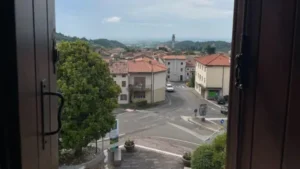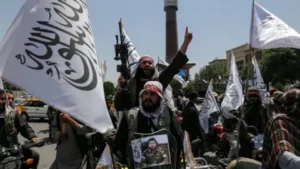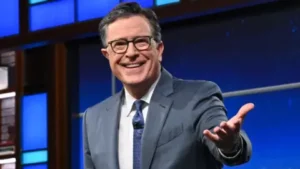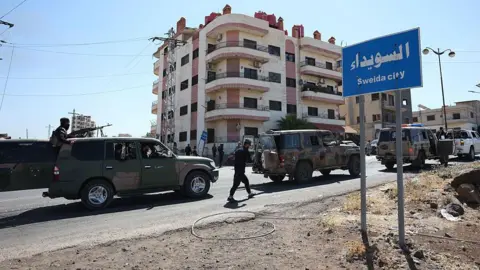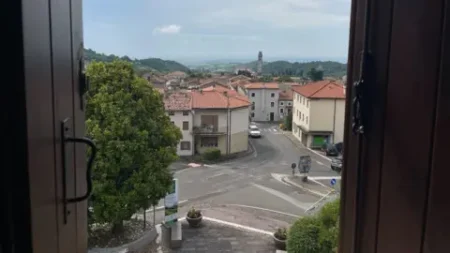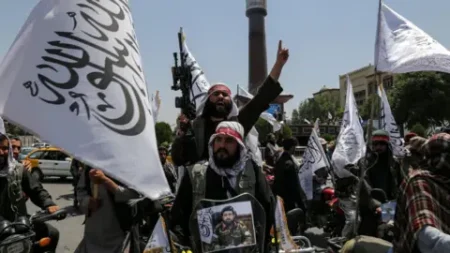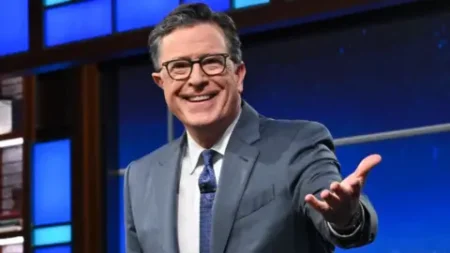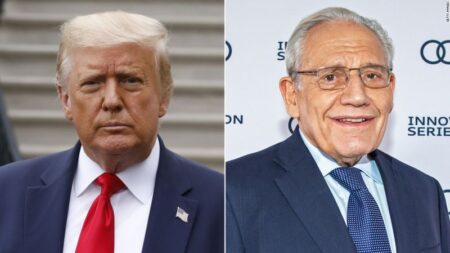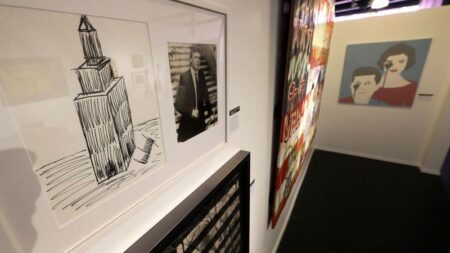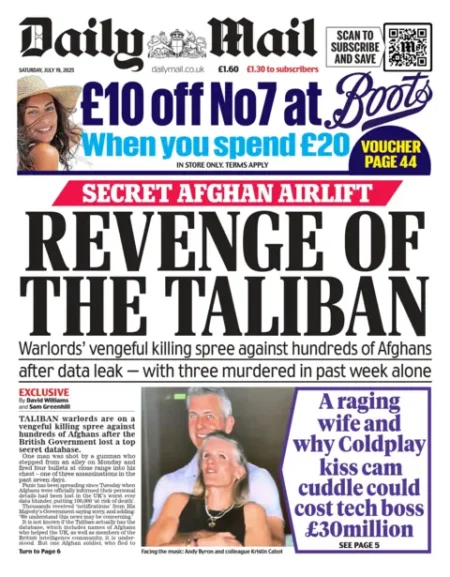The Syrian presidency has announced plans to deploy a new military force aimed at curbing the escalating sectarian clashes between Bedouin and Druze groups in the southern regions of the country. This announcement comes amidst a backdrop of increasing violence that has been particularly pronounced near the city of Suweida. Syrian interim President Ahmed al-Sharaa’s office has called for restraint from all factions involved, highlighting the urgent need to stabilize the situation that has left almost 600 individuals dead since hostilities reignited on Sunday.
The conflict has drawn international attention, with accusations directed toward government forces by local residents, who allege that these troops have committed extrajudicial killings, particularly targeting Druze civilians. In an attempt to address the situation, Israel reportedly carried out strikes against Syrian military positions to compel troops to withdraw from Suweida province. Complicating matters further, U.S. Ambassador to Turkey has remarked that a ceasefire agreement has been reached between Israel and Syria, offering a glimmer of hope for de-escalation amidst the turmoil.
Through a post on the social media platform X, Ambassador Tom Barrack stated that Israeli Prime Minister Benjamin Netanyahu and President Sharaa have agreed on a ceasefire, which is supported by neighboring countries such as Turkey and Jordan. Barrack appealed to various factions—including Druze, Bedouins, and Sunni Muslims—to disarm and collaboratively foster a new, unified Syrian identity that prioritizes peace and stability with surrounding nations. However, both Israel and Syria have yet to publicly confirm the ceasefire.
Prior to the announcement of this military deployment, Israeli officials indicated that a limited number of Syrian Internal Security Forces personnel would be permitted into Suweida for a brief period to safeguard Druze civilians, reflecting the growing concern over ongoing violence in the region. It is worth noting that the predominantly Druze community, which follows a distinct religious belief system rooted in Shia Islam, has historically been skeptical of the Damascus government led by jihadist elements.
Reports from various media sources, including a correspondent from the BBC in Syria, suggest that sectarian animosity towards the Druze community is proliferating across the country. Despite being a minority in Syria, the Druze also reside in neighboring Lebanon and Israel, making their situation in the ongoing conflict particularly precarious.
The situation in Suweida has garnered significant attention from international bodies as well. The United Nations Human Rights Chief, Volker Türk, has expressed concern, citing credible reports of severe human rights violations, including summary executions and arbitrary killings. Allegations point to government forces, elements affiliated with the interim government, as well as local armed groups among the perpetrators of these abuses. Türk emphasized the necessity of accountability for those responsible for the bloodshed, reiterating the urgent call for violence to cease.
In a televised address made early Thursday, President Sharaa committed to holding accountable those who have harmed the Druze community and articulated that the protection of Druze citizens is a top priority for his administration. He attributed the ongoing violence to “outlaw groups” who have allegedly dismissed opportunities for dialogue and resolution.
This latest military deployment and the surrounding dynamics underscore the fragility of peace in a region still recovering from the protracted Syrian civil war. As the situation continues to evolve, the international community remains vigilant, observing the unfolding events in Suweida and the broader implications for stability in the Middle East.

